Report made with the support of Oxfam Intermón
We travel many kilometres across a landscape that could not be more attractive. This is the African Savannah we all have seen in the movies as kids. There is no path to follow; only Orzoway is missing to calm European’s thirst for fantastic adventures. Nalla Gaye laughs and makes us laugh from the front seat of the car. He is explaining to us how he lost weight the summer his wife left him alone with the kids. He ran back and forth to go to the office, cooking, go shopping, cleaning…until he was as thin as a rake. These stories are somehow related to the women we are about to meet in Thethiane, region of Djeole, province of Kaedi, in southern Mauritania. According to Nalla, who works for Intermon Oxfam in Kaedi, these women are overburdened with tasks, and yet they are willing to progress, to learn, to start new businesses, to transform their society. Finally, we arrive at Tethiane, a little village where a group of women have opened a tiny factory for pasteurized yogurt. After collecting the excess of milk from their neighbours, who are most of them little cattle-raisers, these women produce, pack and distribute the yogurts. The last one is the most difficult activity because to transport the merchandise to Kaedi market, the capital city of the province, one must be very ingenious. From a shared car to a donkey-drawn carriage, they even get there on foot. After only few weeks of activity they have exceeded all expectations by far. Their cold storage unit, provided by the Mauritanian NGO Acor-helped by Oxfam and AECID (1) is already too small for their business. Their objective is to pass their modest current limit, which is 20 litres per day. For that, they need a pasteurization tank. When the rainy season arrives, animals will produce more milk, so these women, who have already waited a long time, can’t wait any longer to progress. Despite of the precariousness that surrounds them, of the rusticity of their adobe houses, where they live without neither tap water nor electricity, their children are the most outstanding pupils of the province. This little community believes in education as they believe in progress. They do a lot with very little. They just need a pinch of support on their way.
That’s Mauritania. When you arrive, it appears the whole country is being dismantled, that every activity finished a long time ago and that you’ve landed in a post-industrial era not too far from the one recreated in Sci-Fi movies. In Nouakchott, the capital city, there are trenches and holes everywhere. A thick layer of dust covers the ramshackle cars that run alongside shiny Japanese 4×4. They also share the roads with donkey-drove carriage, even if they look more like zebras. Between holes and paving stones, goats freely nibble at the plastic scraps scattered all over the ground. The absence of a garbage collection system is a widespread problem in Africa. It would be less stunning to visitors if such a natural beauty did not surround it. Almost all men are covered with colourful and sculptural boubous, the attractive blue or white tunics they wear over shirts and trousers. Boubous are made of very rough cotton, which sometimes looks like papier-maché. Some of them wrap also scarves and turbans over their heads to protect themselves from sun and dust, and to have an exotic and theatrical air. By paying attention to the variety of features, one can easily understand that many different ethnics inhabit this country. Light and dark skin moors coexist with the Haratins, descendants of African freed slaves completely arabized and integrated, and with black African Mauritanians like the Soninké, the Pulaar and the Wolof, all of them Muslims whose languages and own identities have been preserved. Such variety makes the country even more complex and interesting, and leads us to conceive it as a kind of future civilization: one could not be surprised by bumping into a pair of androids. Maybe we have already got into the Star Wars Cantina without noticing it.
But there are no Cantinas in Nouakchott. It is an Islamic Republic, so alcohol is completely forbidden. As a matter of fact, its possession is punished with three months of jail. Alcohol is one of the first warnings we receive from Oxfam’s security and transport manager. Here, every visitor receives some practical information: do not take pictures of public places, do not take pictures of people without their consent, questions about religion, race, sexuality, family or other personal issues will not be answered, never walk alone, be always accompanied, carry always your phone with your contacts on it, do not forget your passport or your letter of invitation to the country, carry photocopies of everything in every moment, you will need them at the countless military control-points you will find all over the road. These are only some of the recommendations of Diouf, a solemn and meticulous Senegalese who works in Nouakchott as Oxfam’s logistics chief since last year.
Despite the fact that three Catalan volunteers were kidnapped in 2010, we find all these warnings a little excessive. Indeed, we do not feel insecure. Streets are crowded with loads of people who do not put a lot of attention on tourists. I assume that managing to earn the minimum to survive keeps them busy enough in a country placed on the 159th position of 187 countries in terms of the UNDP Human Development Index. In Mauritania 42% of the population is poor. In spite of the frenetic activity and the unlimited shopping hours, when we enter a shop it is not uncommon to find salesmen stretched out on counters, as if they were faquirs. As a matter of fact, for many of them the stores, open from very early in the morning until late at night, are also their homes. As a traditionally nomadic and transhumant culture, they are not very particularabout their living conditions. Conditions that for us would be Spartan are not so hard for them, so they try not to become attached to what they couldn’t carry with them in case of emergency. When things do not go well, for instance, when it doesn’t rain enough and there is neither crop for humans nor pasture for their cattle, Mauritians just break camp and search for new horizons. Because they are hard and austere, they will never lack of cleverness, observation and learning skills. These have been for centuries their survival tools, in addition to their adaptability to no matter what situation, which makes Mauritania a particularly suitable country to go away and escape poverty.
After a few days, my travelling companions and I realize a society with all these characteristics is not a society that is finishing. We have already left Nouakchott to visit some other projects in the province of Kaedi, near the Senegal River. Returning from there, the hectic activity on streets and markets, the strident traffic jams at Madrid roundabout (named in honour of Spanish cooperation) and the apparent chaotic atmosphere, let us realize that the city is not being demolished, but built. The confusion must not be surprising. Sometimes beginnings, when they are fragile, closely resemble some endings. The city was founded in 1960 after the independence of Mauritania, which was back then a French colony administratively attached to Senegal. In those days, French were not interested in the natural resources of the territory, so they did not put special emphasis on construction or on settling in the country. Nouakchott lacks monuments and past, it is just present and future. A delicate future that requires balance. Mauritania is not a place to forget anymore, its strategic power concerning geopolitics is as huge as its economic potential but the population may not be benefiting from it. Although the country is growing by 6%, most of the wealth remains with a reduced elite of oligarchs. The country has iron mines and other minerals China is interested in, a great fishing ground in which Europe, Japan and Korea are interested (Spanish fishers were indeed very upset when the EU came to an agreement to exclude cephalopods, that is to say Galician octopus, in other words, Mauritanian octopus). Finally, it has a great agricultural potential, but only 0.5% of the land is cultivated; clearly not enough to solve food supply problems.
We find at least 30 little green mosques on the road that connects Nouakchott with Kaedi. They are perfectly identical, something weird in such a tumbledown country. The Oxfam team tells us they are gifts from Saudi Arabia. I must admit that my prejudices as a Spanish agnostic probably make me be suspicious of the role of institutionalized beliefs. However, it does not take me a lot of time to associate these religious gifts with the conflicts around land ownership we have been told in Nouakchott. Everyone I talk with says it; the Arabian generosity coincides with the growth of religious conservatism in Mauritania, a historically moderated and tolerant country. Curiously, it also overlaps with some polemic acquisitions of huge land areas by Arabian corporations. They are, in fact, some of the best pieces of land of the country, next to the Senegal River and its main tributaries, which have underwater rivers that could be used to easily create an irrigated land system. But to build it, both infrastructure and political will are required. Instead of it, Mauritanian government sells or cedes the ownership of these lands, which have been cultivated and used for cattle-raising for generations. This people, now expelled and moved to worse lands, can hardly avoid poverty. It is very easy. In fact, in Mauritania few of them have proof of the ownership of their lands since their society is based on oral heritage. In this context, properties are not accompanied by public registers. So this process of land monopolization in the hands of very few is one of the biggest threats for the development of the country.
Bithiounga is a small village where there are no houses. Placed in the middle of a large plain with no vegetation on it, families occupy structures called hangars, made to be easily abandoned if needed. Colourful printed fabrics act as walls, as carpets and as the cushions we find over chairs, beds and tables. Despite the hot weather, it is fresh inside. Three years ago, the harvest was devastated by a drought, so these families lost their cattle and their means of subsistence. Oxfam, along with some other local and international organizations, implemented in the first time an emergency plan to avoid hundreds of deaths due to malnutrition. In the medium-term, they created a “resilience” plan. Thanks to it, in the case a similar situation would reoccur, the most vulnerable would have acquired all the resources to face difficult times.
Within this plan of international cooperation, “Good Governance Programs” are essential. They pursue two kinds of changes: practical changes (concerning health services, nutrition,literacy and technical training) and political changes. We know now that long term benefits for the poorest are only achieved by political transformation. For Nalla Gaye, people who benefit from Oxfam programs are beneficiaries. The term is very important, since it tries to describe human relationships otherwise, by focusing in the big difference between charity and political actions. Mauritania has the highest rate of slavery of the whole world (between 3 and 10%), and slavery was not punished until 2007. However, the law is not commonly applied because rights and duties are still unknown concepts for an important section of the population. Inequality is the most important cause of poverty in the country, so its reduction has become crucial to Oxfam and to the international cooperation (mainly Spain and the EU). “The (current) situation could be turned around without making huge investments. But this cannot be possible if people do not have full access to the exercise of their rights- explains to us Francisco Sancho, the AECID coordinator in Mauritania-It is not only about transferring financial resources, but about transferring knowledge and abilities, which will remain forever”. In Mauritania, the deficient administration plus the lack of rights for the citizens have made the work of NGOs as intermediaries essential. “We could not advance working only with the State” Sancho ratifies. The level of corruption is as high as the lack of transparency: until now, the Mauritanian State hasn’t honoured its commitments towards those who have helped the country. “We must call them to account” insists Sokhna Baro, director of Oxfam in Mauritania.
Amadou Djigo is a passionate person. As the director of Oxfam’s Good Economic and Political Governance programs we expected a cooler and a more technical exposition from him, something impossible when you are working to help people whose lives are in danger. Amadou is angered at the exclusion, completely unfair and unnecessary, that affects many of his compatriots. He is also worried about latent social and identity–based tensions between those who have the power and the control of the resources (moors with an arabized culture)and excluded black Mauritians (Pulaar, Wolof and Soninké ethnic groups). He is even more passionate when he tells us what happened in 1989, when more than 20 000 people were unjustly expelled to Senegal. The problem is far from being solved: this people still fight against unfair laws to get their nationality and their lands back. These segregation policies can easily derive into social risks. His words make me think about what the sociologist Richard Sennet says about cooperation in his last book, Together (2) “Co-operation is hard because it is about learning to live with people who think differently or don’t know what they think at all. The easy thing to do when you are trying to help people is to identify with them”. It is not difficult for us to identify with the communities we are visiting. Firstly, because they welcome international cooperation volunteers with open arms; secondly, they are open-minded and educated to share everything they have. And above all, because their culinary and domestic customs are very similar to ours. It is the heritage desert people left to us while they lived among us as Moriscos. This cultural similarity helps us to identify with them (following Sennet’s words), but it should not make us forget the cruel poverty they live under.
As an example of a Good Government, Amadou tells us about a program financed by the Junta of Andalusia between 2011 and 2013. At that time, Oxfam worked with 60 community-based organizations and 84 councilmen from four provinces to establish connections between local administration and population. People learned how to create and join associations, as well as to establish a collaboration network. With all these tools, they became aware of their civil rights and learned their role as actors for social change. European visitors keep silence while Amadou talks. It is quite paradoxical that finally we have come to Africa to value our own European democracies. Those we reject by arguing they are defective and obsolete.
Aissata has made the most of Andalusian program. She lives in Bagué, a tiny city near Senegal River, and has become an important activist and manager of some cooperatives. Why cooperation programs encourage precisely rural women as agents for economic and social change? The answer is quite simple. On the one hand, it is necessary, because many women are heads of households and because there is much feminization of poverty. On the other hand, in Francisco Sancho’s words: “Teaching women leads us to more immediate results, and it is worthwhile because we are sure that investments will go on. Mauritian women are innovative, engaged with what they do and sedentary. They learn quickly and teach children and young people from their communities. They are transmitters of information. So thanks to them, we are sure benefits are reinvested in the community and in the families”.
However, help is sometimes interrupted. It has happened in Bithounga, where the vegetable garden cultivated by women with Spanish money has been devoured by the desert because the water well broke down and they don’t have money to repair it. Spanish Technical Office for cooperation opened in 2000. Until 2010, investment was up to 217 million euro, which made us the third largest donor after the EU and France. Now, figures speak for themselves. While in 2011 help was up to 25.3 million euro, in 2012 Mariano Rajoy’s government reduced it to 4.2 million. The brutal consequences are largely known. It is a contradiction to debate about illegal immigration in the last EU-Africa Summit if we don’t contribute to avoid the need of emigration. Obviously, sometimes local governors don’t act as they should do. In 2011, Mauritania had a national budget of over a thousand million dollars. Only 3% of it was dedicated to agriculture and cattle-raising. No public programs for social protection or for the development of those sectors were planned. The EU, especially some countries like Spain and France, are supplying Mauritania with resources that politicians deny. But we cannot leave the country alone in its growing process. Mauritanian’s fate affects us more than we imagine. Sometimes we forget that the country, hinge between Northern Africa and sub-Saharan Africa, is within an hour from Las Palmas by plane.
Close to the dry vegetable garden, the steady flow of carriages loaded down with yellow drums shows us the way forward. Sabar is 5 kilometres from here, near to Marigot River and to the Pulaar village of Gorgol Noir. While Bithiounga is a moor village whose inhabitants are physiognomically related to the Almoravides (with whom we lived some centuries ago), people from Sabar are black African. Despite belonging to different ethnics, economy is the real factor that makes them different. Sabar has magnificent vegetable gardens for which water is not a problem, but women at the cooperative make us the same demand as those who live in Tethiane: they want to continue growing. Even if their children are not undernourished, they do not have proper shoes yet. These women know their children could have a better future, so they just ask for another impulse that could let them leave the unstable and risky economy of subsistence. They are not afraid of working from dawn to dusk,because growing is not just an option, is the one and only way.
(1) AECID is the Spanish Agency for International Cooperation.
(2) Together: The Rituals, Pleasures and Politics of Cooperation.Yale University Press.March 26, 2013.
Photography: Ángeles González-Sinde (full gallery here)
Translation: Carolina Camarmo
Intermón Oxfam works in Mauritania with agricultural and livestock communities to grow despite recurrent droughts. Especially supports women. Learn more about IntermonOxfam’s work in Mauritania Intermón here.



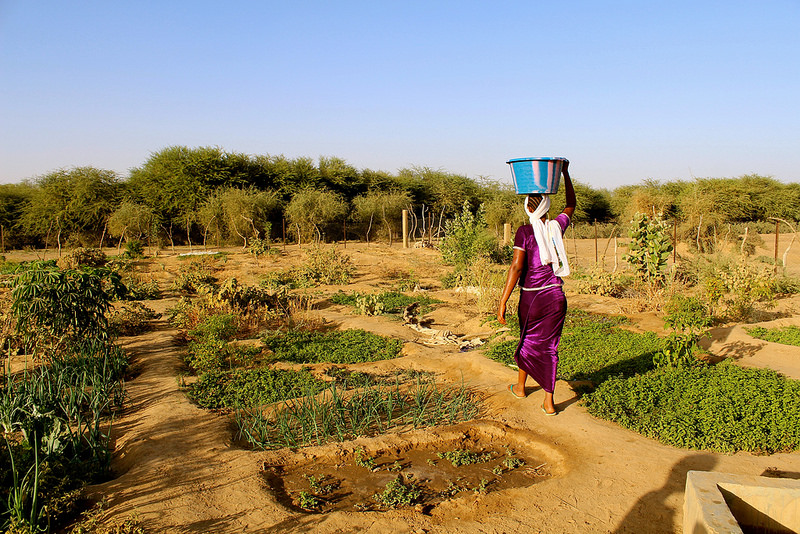
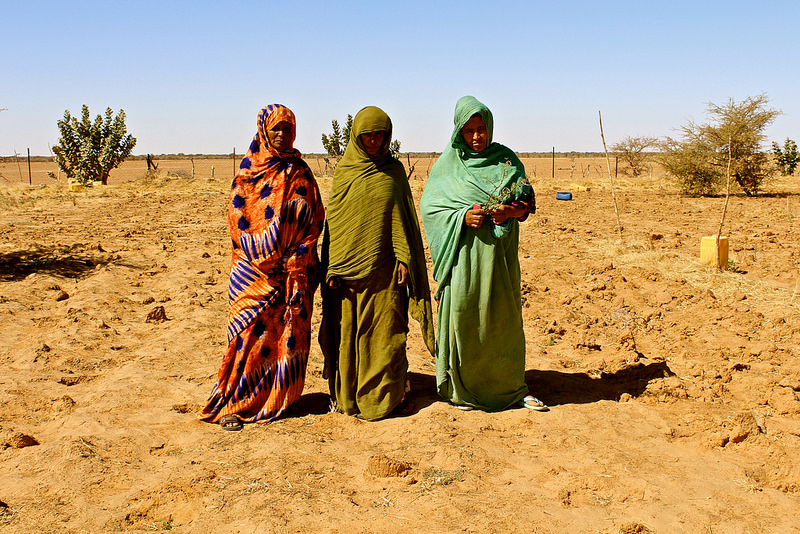
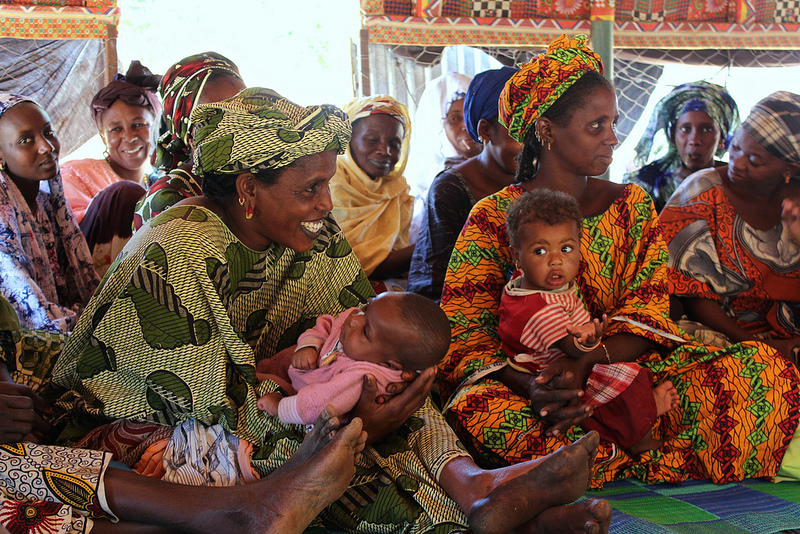
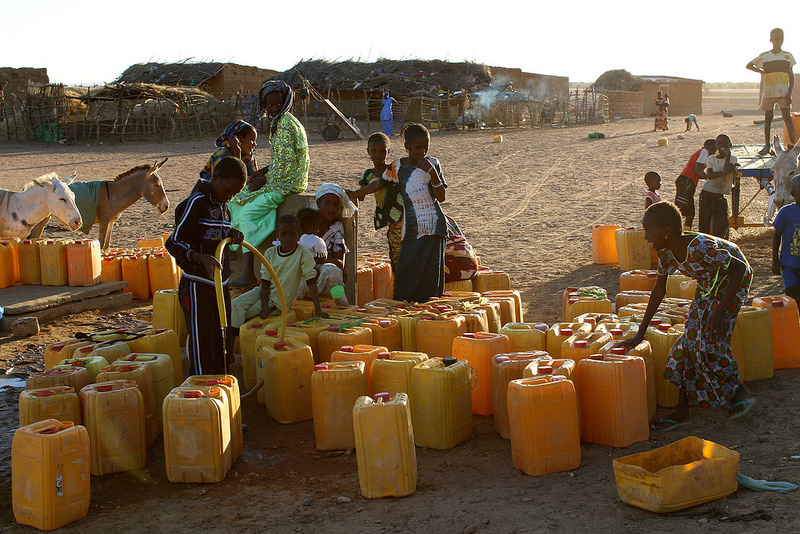
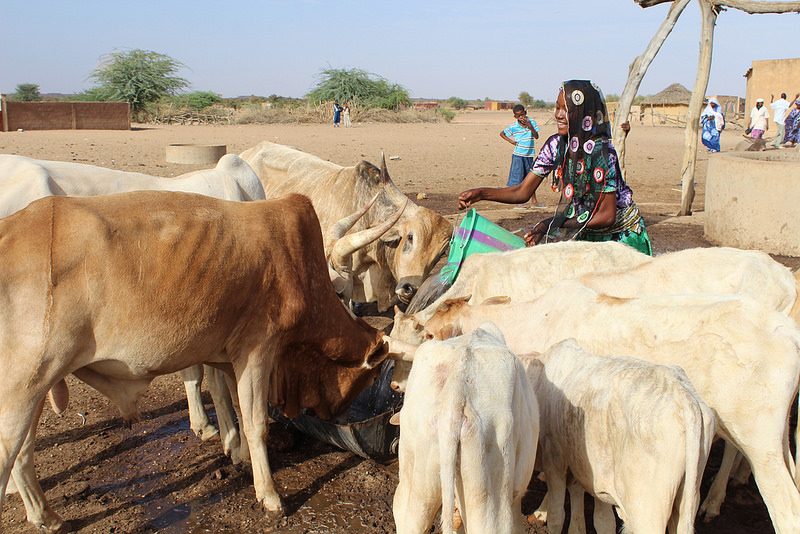
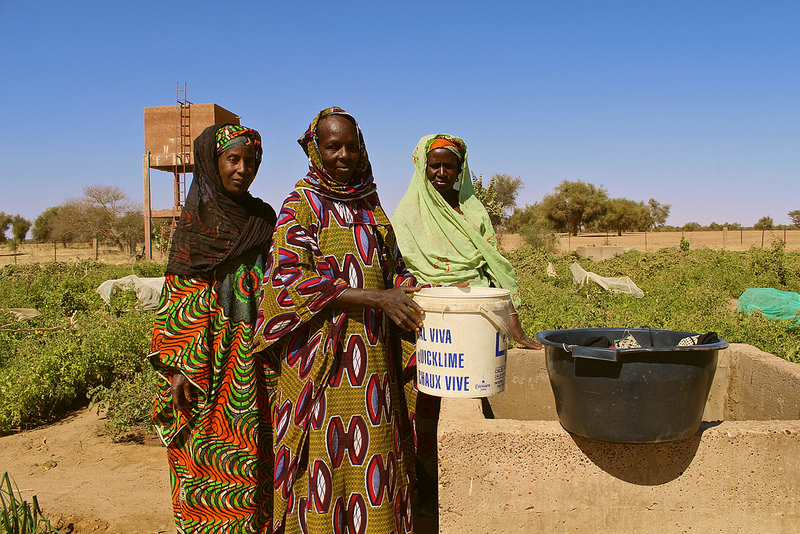
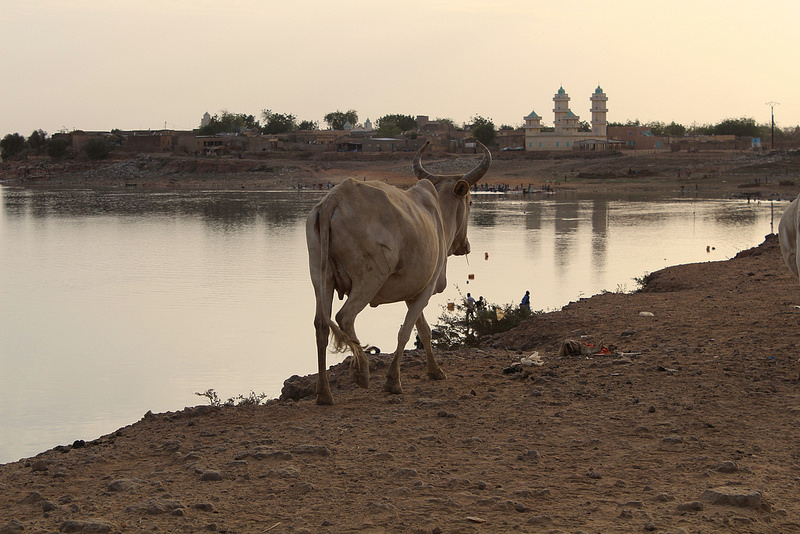
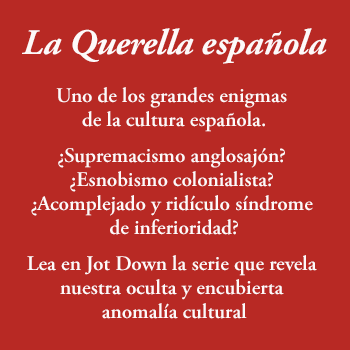
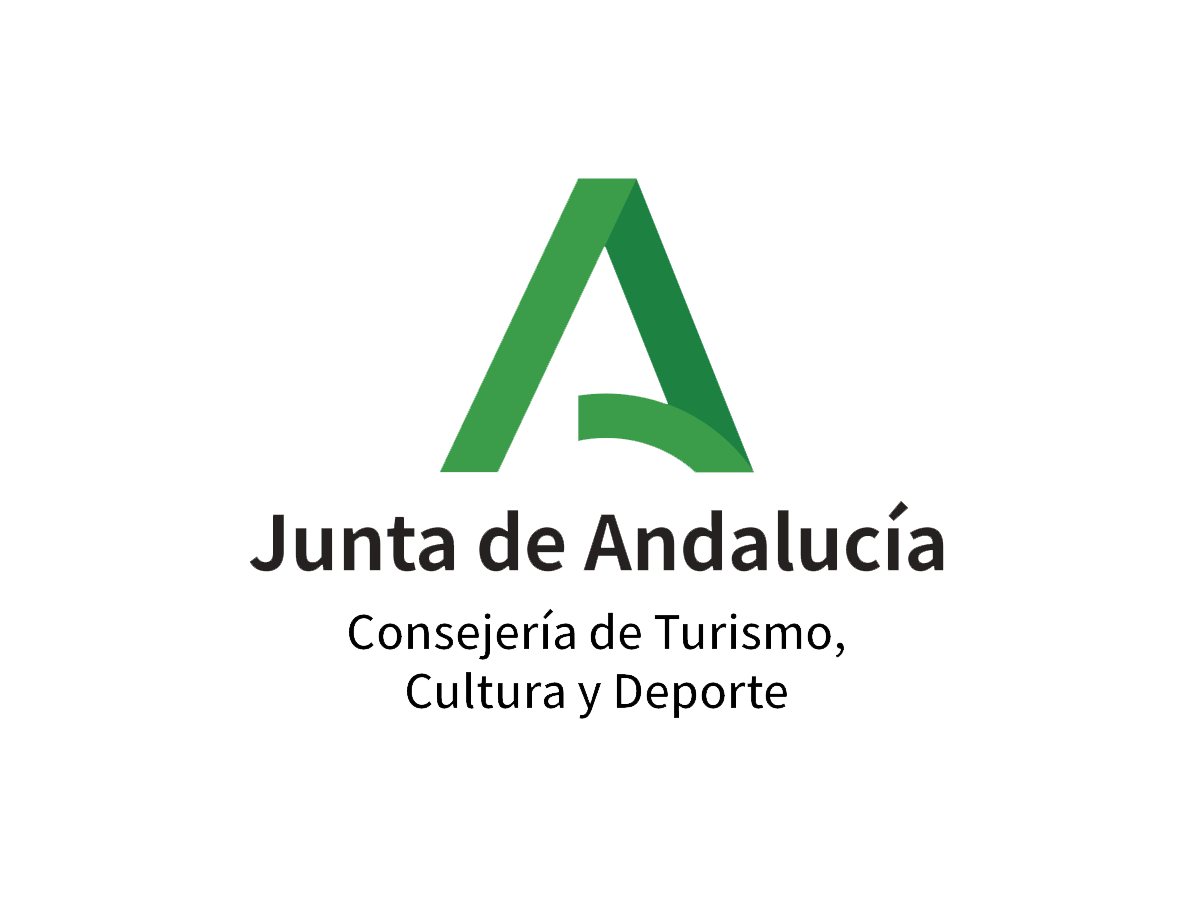
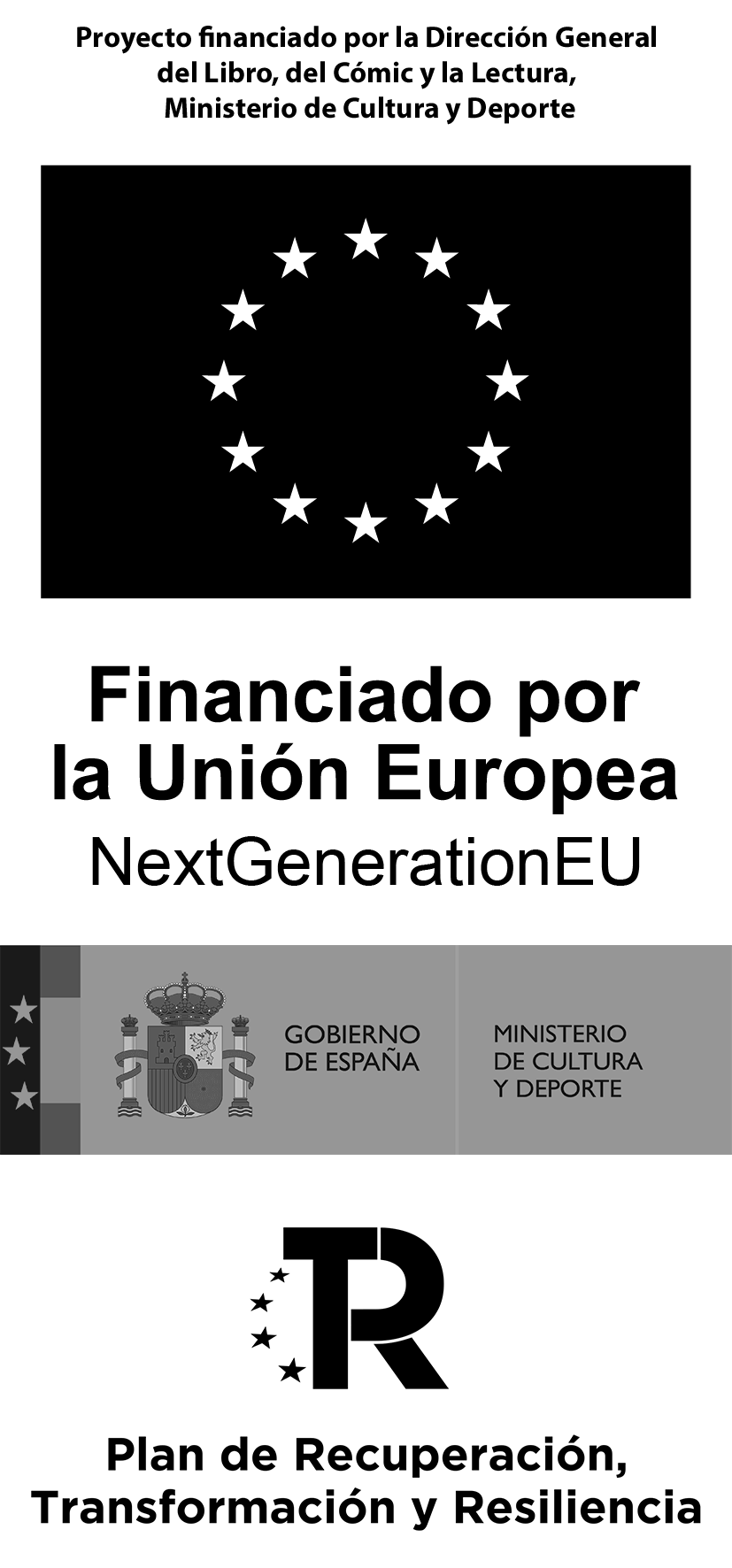


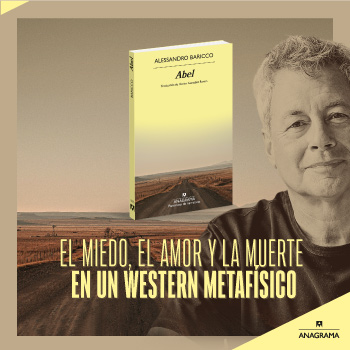


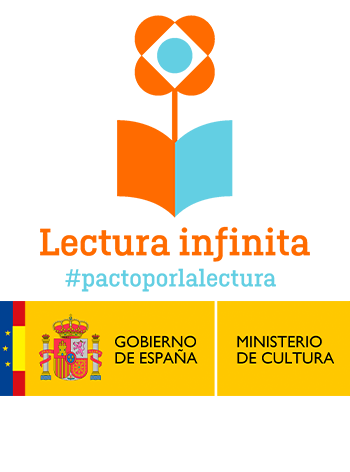
Pingback: Mauritania, la pobreza innecesaria
Pingback: Mauritania, la pobreza innecesaria | Mediavelada